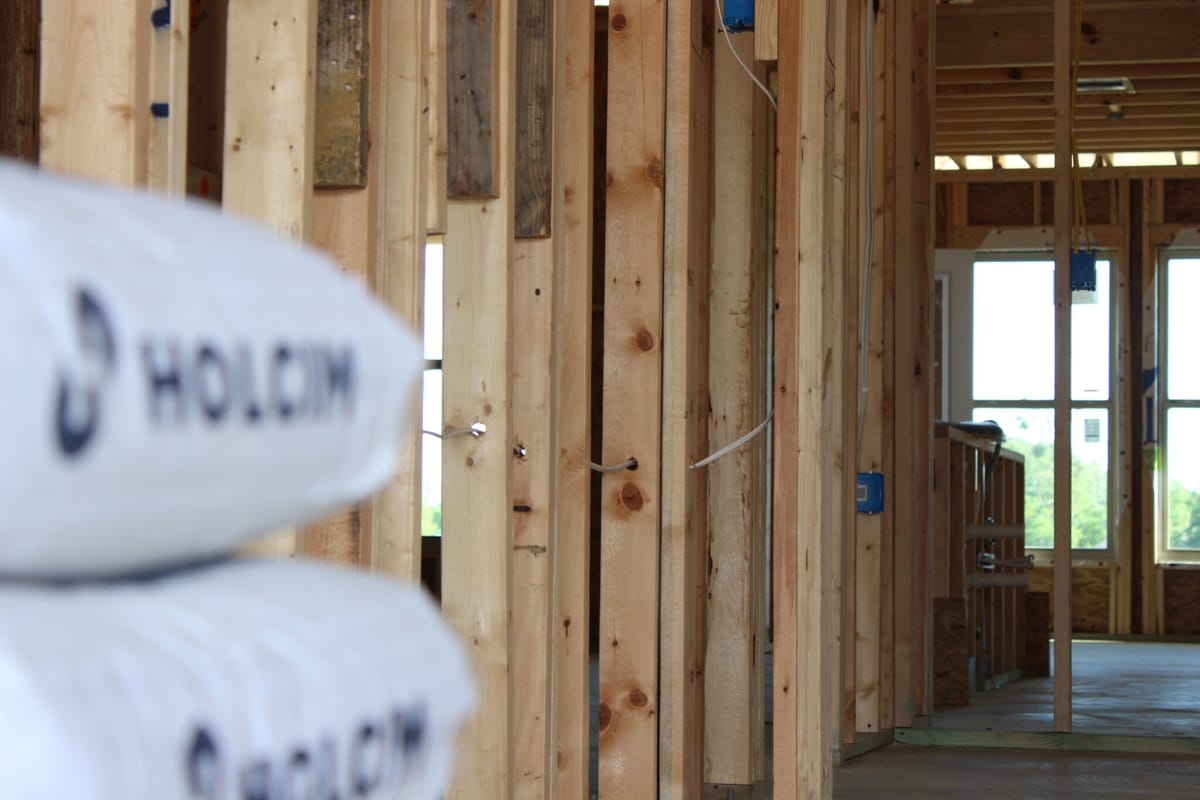Advocates fear billions in Inflation Reduction Act money won’t reach targeted communities
Community-led organizations and grassroots environmental advocacy groups in Louisiana could finally get money to help reduce electricity bills, fortify homes against natural disasters and reduce pollution in underserved communities.

Published in the Louisiana Illuminator
With billions of dollars in tax credits and federal grants up for grabs in the Biden Administration’s Inflation Reduction Act, community-led organizations and grassroots environmental advocacy groups in Louisiana could finally get money to help reduce electricity bills, fortify homes against natural disasters and reduce pollution in underserved communities.
That’s if the money trickles down to where it’s supposed to go.
Environmental justice advocates and community organizers are worried the money won’t be spent for the communities intended to receive the money.
Andreanecia Morris, president and chairwoman of the Greater New Orleans Housing Alliance, is more blunt. She is concerned state policymakers will set impossible parameters meant to block certain segments of the population from getting too much money or none at all.
Morris says often an anti-Black, anti woman “welfare-queen” stereotype is used to block money to Black, minority and lower-income communities.
”They’ll say we’re trying to prevent fraud and abuse while paying disaster profiteers millions of dollars to administer these programs but not actually get the money out the door,” Morris said.
It’s happened before.
In 2010, a federal judge criticized Louisiana’s Road Home Program for discriminating against Black homeowners seeking federal grants to rebuild their homes after Hurricane Katrina. An audit later found that nearly $800 million in federal dollars went unused in that program.
“We saw a significant amount of Katrina money get wrapped into disaster capitalism,” said Ashley Shelton, chief executive officer and founder of the voter engagement and community advocacy organization Power Coalition for Equity and Justice, which is helping community-based groups articulate what they want from the IRA money and is also holding “the people getting those dollars accountable to push them down into these communities.”
Of the approximately estimated $60 billion in available grants and loans in the Inflation Reduction Act intended for underserved, low-income communities, only $16 billion of that money may make it to its intended target, according to a recent report from the Indigenous Environmental Network.
Environmental justice activists say the small community groups the funds are intended to help may not have enough staff or financial resources to pursue the grants and loans, which are spread over 100 separate programs, with different rules and under government agencies.
The White House acknowledges those concerns and recently released technical assistance resources to ensure the money will reach its intended targets. It also has asked states to designate coordinators tasked with helping underserved communities gain better access to IRA funds.
In Louisiana, local groups such as the Power Coalition are working to make sure the money goes to the right places by speaking out, going to and holding public meetings. For a start, they want groups and individuals to know that there are going to be millions made available coming for energy efficiency improvements for low to moderate income homes.
Patrick Courreges, spokesman for Louisiana’s Department of Natural Resources, said the state’s energy office will be applying for the home rebate funds, but it hasn’t figured out how the funds will be distributed yet. State officials are still reviewing the federal specifications and guidelines attached to the funds, he said.
There is a sense of urgency to get funds into the hands of community groups before the money either dries out or is appropriated to other groups. Congressional Republicans have indicated they want to defund some of the initiatives in the Inflation Reduction Act, arguing certain provisions would distort the country’s energy market and waste taxpayer money.
The recent election of Jeff Landry as Louisiana’s governor is also worrying, according to Jackson Voss, climate policy coordinator for the Alliance for Affordable Energy.
Governors in four states — Florida, Iowa, Kentucky and South Dakota — have rejected their Inflation Reduction Act allotments.
“The next governor could decide to decline those funds and then send them back, and then what would happen?” Voss said. “The money earmarked for Louisiana would go anywhere else in the country wanting to do this work and we’d just be left out.”
Floodlight depends on a community of readers like you who are committed to supporting nonprofit investigative journalism. Donate to see more stories like this one.


